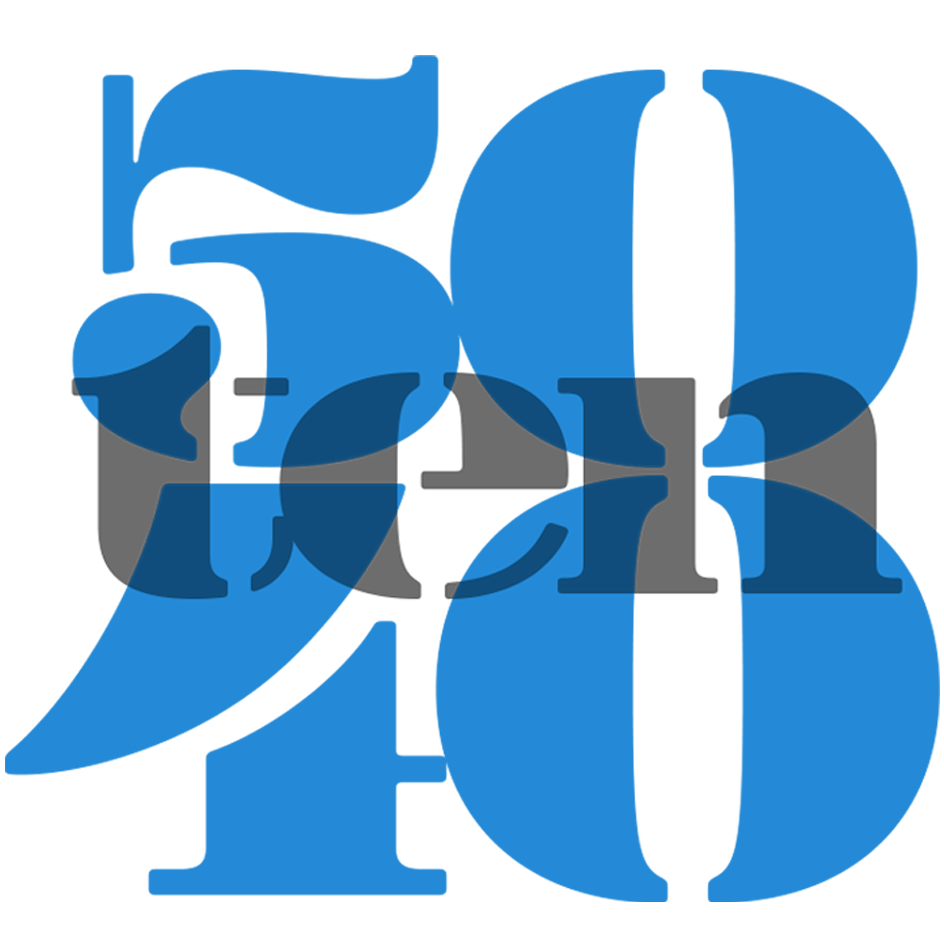Creativity Increases Learner Engagement. Focus Improves Performance.
Learner Tools provides a structured framework based on the 50ten40 Method. Skills developed include written expression, process visualization, task hierarchies, timelines and holistic project management. This unique approach to learning compliments existing pedagogy and requires little additional teacher training or resources. Work output includes sketchbooks, videos and animations and journal documentation. Sometimes simple is better.
